It’s Good to Be Hawaiian When It Comes to Health – the 2015 States of Well-Being
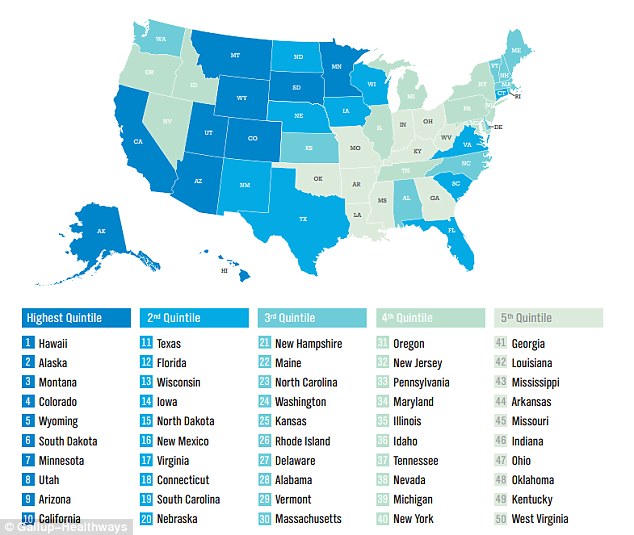
Where you live in the U.S. is a risk factor for your health. Hawaii, Alaska, Montana, Colorado and Wyoming rank highest on the State of American Well-Being 2015 State Well-Being Rankings, the Gallup-Healthways Well-Being Index. Well-Being is based on an index of five components that people self-assess: purpose, social, financial, community, and physical. See the map: the darker blue the state, the healthier the population perceives itself to be. Note more light blue to the northeast and south, and dark blue in the mountain states, Alaska and Hawaii. Some states have stayed in the top-tier of wellness since 2012: Hawaii
Health Consumers Happy With Doctor Visits, But Want More Technology Options
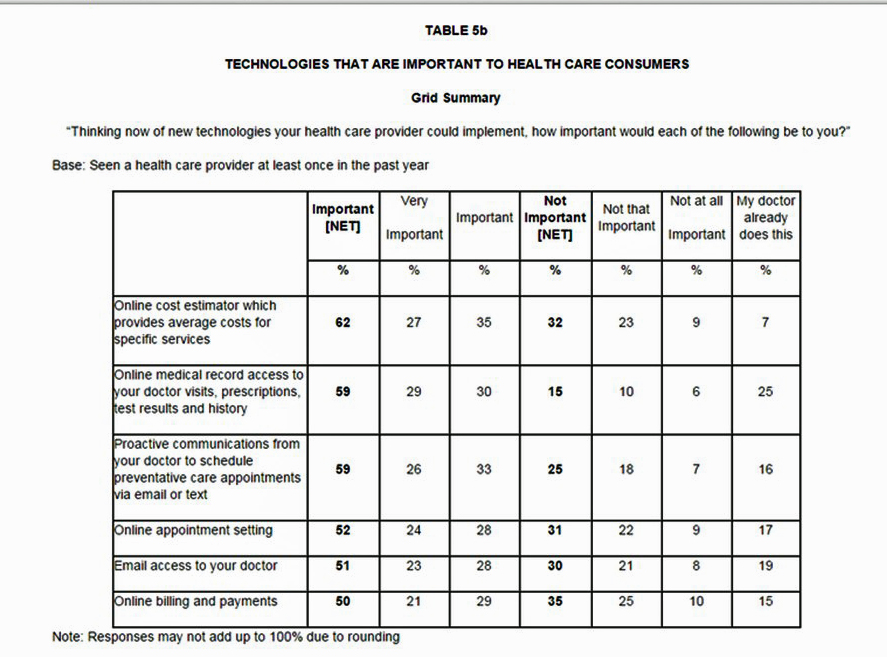
9 in 10 adults in the U.S. have visited a doctor’s office in the past year, and over half of these patients have been very satisfied with the visit; 35% have been “somewhat” satisfied. Being a highly-satisfied patient depends on how old you are: if you’re 70 or older, two-thirds of people are the most satisfied. Millennial or Gen X? Less than half. What underlies patient satisfaction across generations is the fact that younger people tend to compare their health care experience to other retail experiences, like visiting a bank, staying at a hotel, or shopping in a department store.
The Health Information Economy – Better With Patients
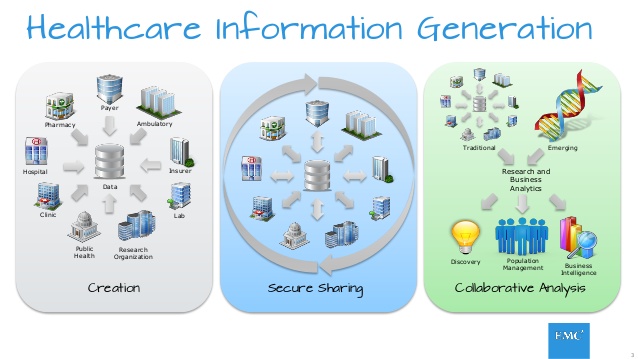
“Consumers expect to have their data available and shareable.” Two essays in two issues in the past two weeks of The New England Journal of Medicine point to the importance of patients – people, caregivers, consumers, all — in the morphing “health information economy,” a phrase used in the title of one of the published pieces. In Time for a Patient-Driven Health Information Economy, Dr. Ken Mandl and Dr. Isaac Kohane, who are both affiliated with the Department of Biomedical Informatics at Harvard, discuss peoples’ growing interest in engaging with their personal health information, noting frustrating barriers to doing so:
Getting Beyond Consumer Self-Rationing in High-Deductible Health Plans
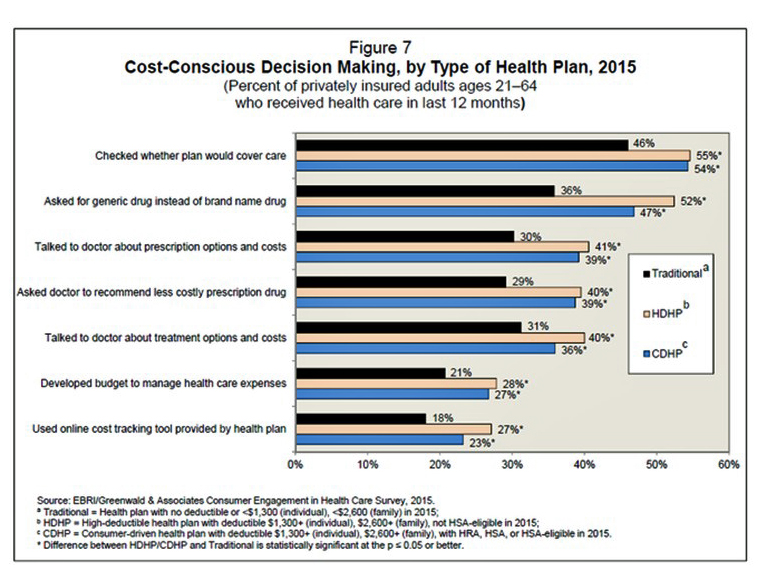
The rising cost of health care for Americans continues to contribute to self-rationing care in the forms of not filling prescriptions, postponing necessary services and tests, and avoiding needed visits to doctors. Furthermore, health care costs are threatening the livelihood of most American families, according to the Pioneer Institute. “What Will U.S. Households Pay for Health Care in the Future?” asks the title of a study by the Institute, noting that health care costs for an American family of average income could increase annually to $13,213 by 2025 — and as high as $18,251. Pioneer calculates that this forecasted spend will
Let’s Make a Deal: Patients Weigh Privacy Paybacks
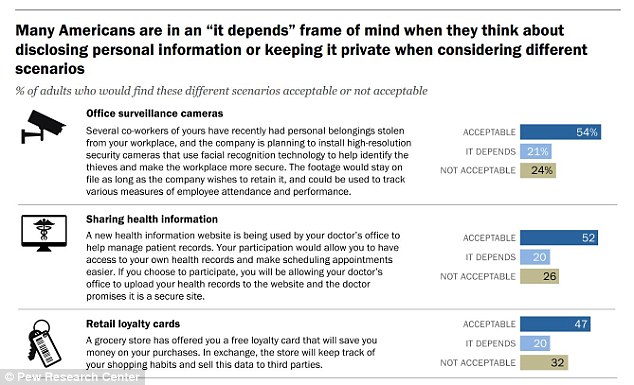
“It depends” is the hedge-phrase that characterizes how Americans see disclosing personal information versus keeping private information private, according to the consumer survey report, Privacy and Information Sharing, published by the Pew Research Center (PRC) in January 2016. U.S. adults see a privacy trade-off, living in the convenience-context of 21st century digital economy in exchange for some form of value. The “it depends” is a factor of what kind of data is geing collected, especially by third parties, how long that data area retained, for what use — vis-à-vis what a person is trading in return which could be a hard dollar
Consumers Take Better Preventive Care of Pets Than Themselves, CIGNA Finds
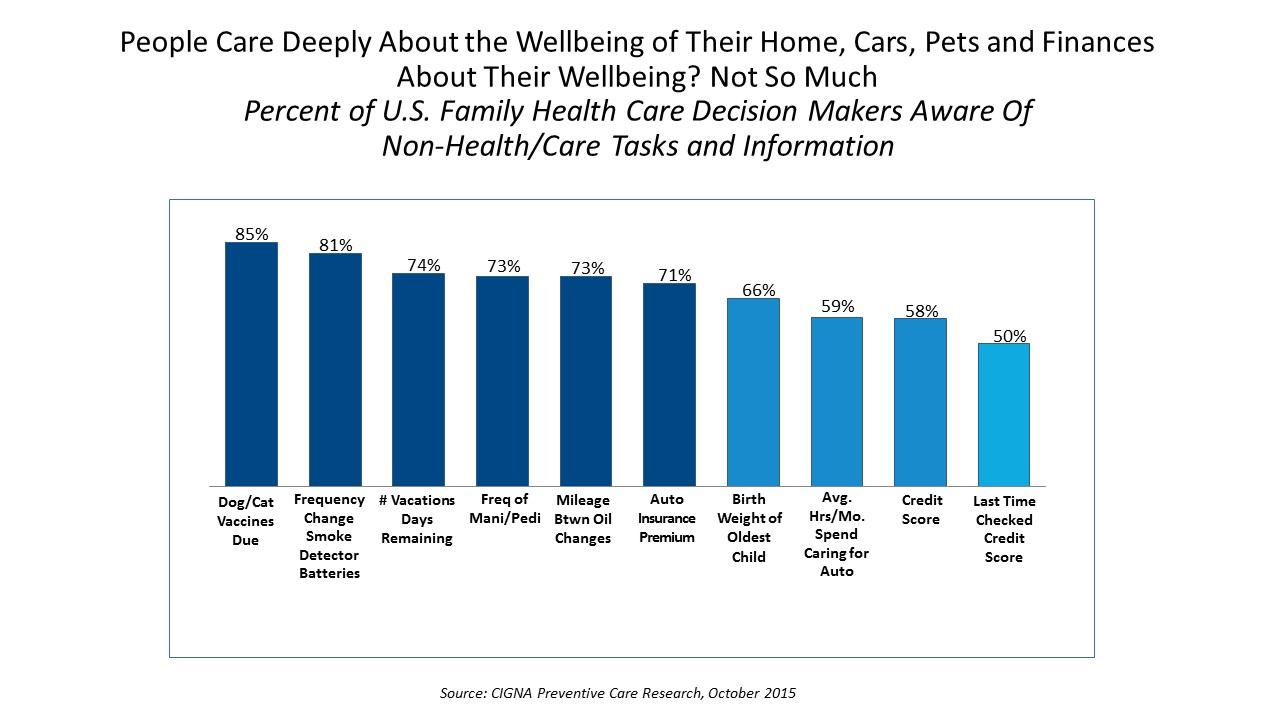
Nine in 10 pet owners know when their dog or cat is due for their shots. Eight in 10 women know the frequency with which they get manicures and pedicures. 80% of men know the mileage between old changes. But only 50% of family health care decision makers know their blood pressure, and only 20% know their biometric numbers like cholesterol and BMI. Americans are great at doing preventive care for their pets and automobiles; but not so much for their own bodies and health, finds the report CIGNA Preventive Care Research, a survey of 1,000 U.S. consumers between 25 and
Health Consumers Grow Clinical and Financial Engagement Chops
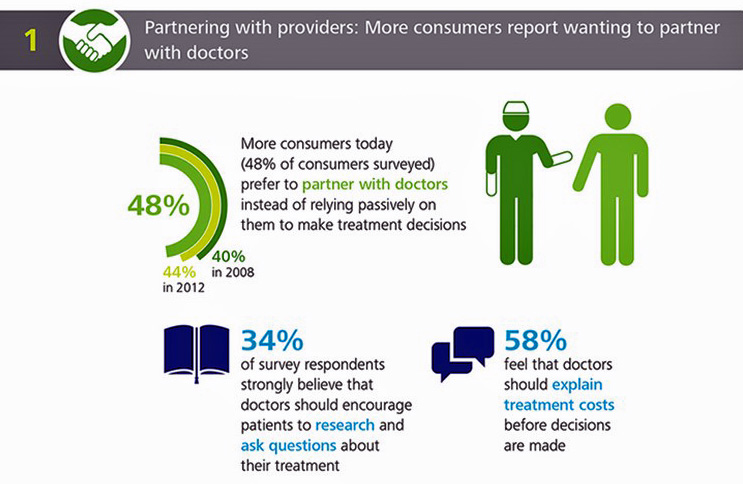
About one-half of consumers want to partner with doctors instead of allowing their physicians to make treatment decisions for them, according to a report from the Deloitte Center for Health Solutions, Health care consumer engagement: No “one-size-fits-all” approach. 1 in 4 people (25%) want to make treatment decisions themselves. Call that clinical health engagement. But even more people, 6 in 10, want to be financially-health engaged: 58% believe doctors should explain treatment costs before decisions are made, shown in the first chart. Most consumers would be comfortable talking about health care costs with doctors, and believe doctors should provide and explain the
A Growing Market for DIY Digital Health for Sleep and Pain
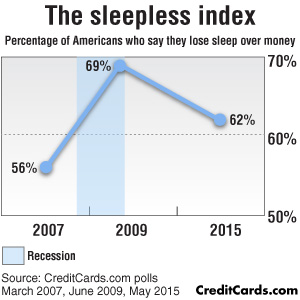
Sleeplessness and chronic pain are two epidemics that are mutually-enforcing, as the chart shows. The 2015 Sleep in America Poll found that pain is a key factor in Americans’ “sleep debt:” 21% of people have experienced chronic pain and lose 42 minutes of sleep due to it; 36% have experience acute pain, resulting in 14 minutes of lost sleep each night. People dealing with both conditions project-manage their health in numerous ways, multitasking with over-the-counter meds, prescription drugs (from “lite” to narcotic), meditation, yoga, homeopathic remedies, aural relaxation, Mozart, and more. There are a growing number of digital health tools now
Retailers will morph into health destinations in 2016
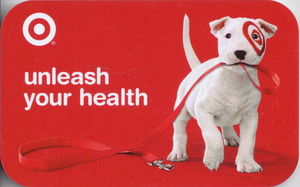
Retailers in the U.S. are morphing into health destinations in 2016. Members of Target’s management team attended the 2016 Consumer Electronics Show (CES) and shared their perspectives in the company blog. Among the Target teams observations came from the Chief Marketing Officer, Jeff Jones, who observed, “A tidal wave of newness is coming to fitness technology and many companies are on the cusp of changing the game. From nutrition and sleep to how you exercise, it’s all going to be measured, linked and tracked. Wearables are here to stay and getting smarter every year.” The Senior Vice President for Hardlines,
The Consumer Health Electronics Show – Putting People At the Center

As we concluded our panel on The Wizards of Maternal Health kicking off today’s launch of the 2016 Digital Health Summit, co-located with the 2016 CES (Consumer Electronics Show) in Las Vegas, our diverse team concurred that there’s more than enough “technology” on the convention floor. The challenge now for health is to make connections between the islands of devices, and generate meaningful data and culturally contextual information and support for consumers (patients, caregivers, people) and health providers. Here at the CES, it’s all about the supply side of the equation – for health, that means digital health tools, wearables,
Live from CES 2016 – The Healthy Connected Life

As he walked across the stage, back-and-forth, the CEO of the Connected Technology Association talked about pacing not to think, but to compete in a Fitbit Challenge at the 2016 CES this morning, live in Las Vegas. Shapiro leads the Consumer Technology Assoociation (CTA), formerly known as the Consumer Electronics Association. The Association was re-amed with “Technology” as its middle name, morphing away from Electronics, to recognize the growth of the market away from Radio Shack (metaphorically speaking) toward the Uber-ization of Everything and the Internet of Everyday Things like cars, refrigerators, washing machines, and thermometers. “Intelligence and data are
Talking Infant Mortality At the 2016 Consumer Electronics Show
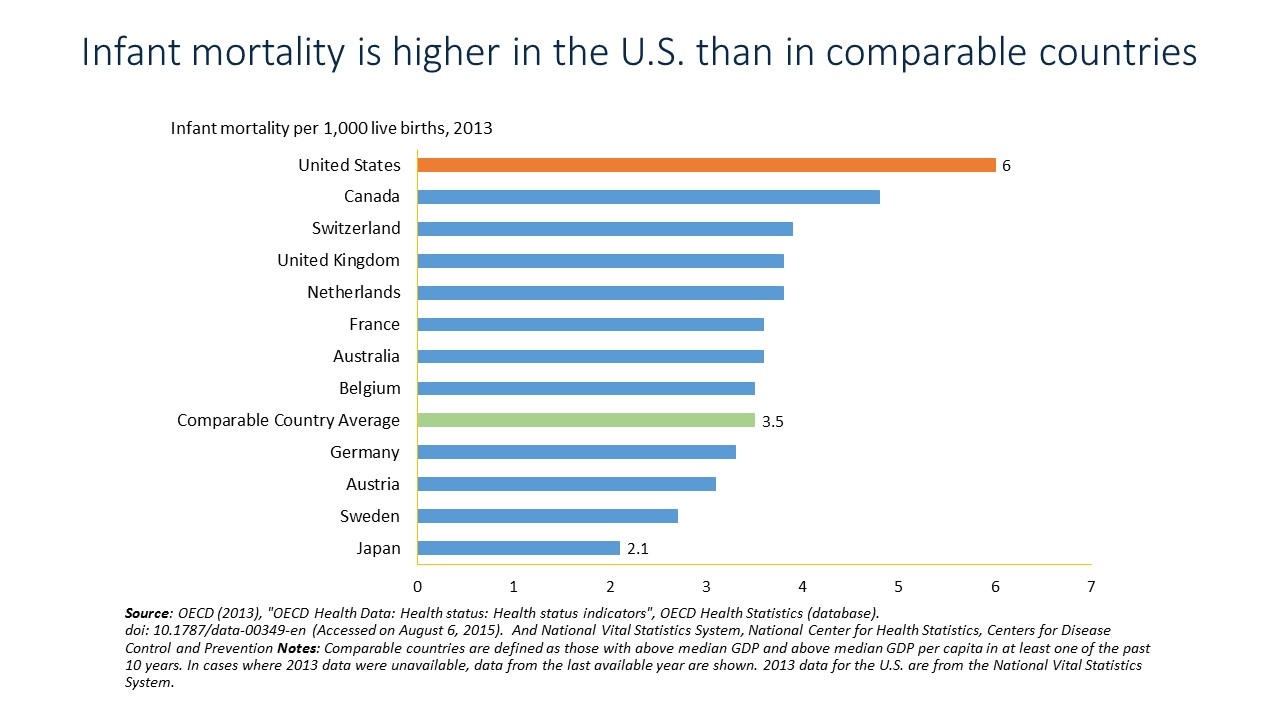
The rate of infant mortality — that is, babies dying in their first year of life — in the United States ranks lowest among the world’s developed countries, and below some less wealthy nations, as well. Shiny new things for digital health will be launching at the 2016 CES, the Consumer Electronics Show, in Las Vegas this week. And in the midst of virtual reality devices, connected cars, drones, and 4K TVs, I’ll be moderating a panel to kick off the Digital Health Summit at CES on Thursday focusing on The Wizards of Maternal Health — and how digital +





 I'm in amazing company here with other #digitalhealth innovators, thinkers and doers. Thank you to Cristian Cortez Fernandez and Zallud for this recognition; I'm grateful.
I'm in amazing company here with other #digitalhealth innovators, thinkers and doers. Thank you to Cristian Cortez Fernandez and Zallud for this recognition; I'm grateful. Jane was named as a member of the AHIP 2024 Advisory Board, joining some valued colleagues to prepare for the challenges and opportunities facing health plans, systems, and other industry stakeholders.
Jane was named as a member of the AHIP 2024 Advisory Board, joining some valued colleagues to prepare for the challenges and opportunities facing health plans, systems, and other industry stakeholders.  Join Jane at AHIP's annual meeting in Las Vegas: I'll be speaking, moderating a panel, and providing thought leadership on health consumers and bolstering equity, empowerment, and self-care.
Join Jane at AHIP's annual meeting in Las Vegas: I'll be speaking, moderating a panel, and providing thought leadership on health consumers and bolstering equity, empowerment, and self-care.